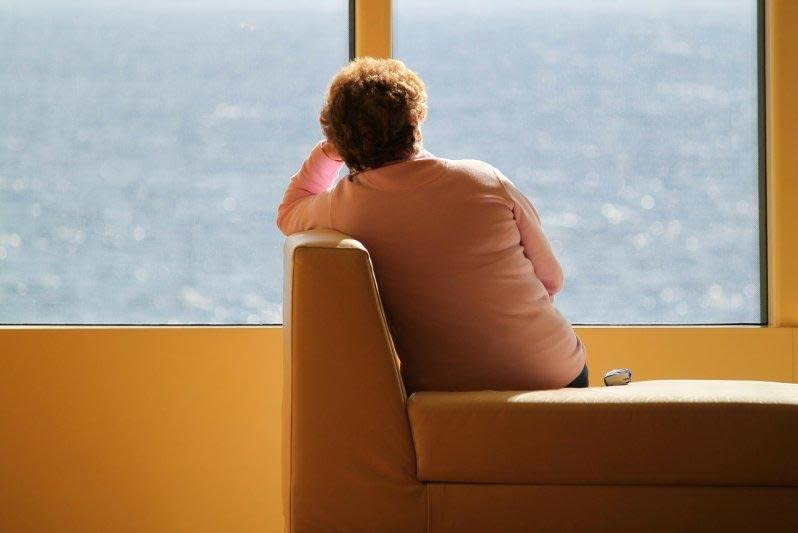Review of studies confirms exercise alleviates depression

Feb. 14 (UPI) -- A review of studies of the most effective depression therapies has confirmed the apparent efficacy of exercise of almost any kind, with or without counseling and medication, but that the more vigorous the activity, the greater the benefits.
The international study of studies analyzed the results of 218 trials involving 14,170 participants with the finding that walking, jogging, yoga and strength training achieved the best results and that these were effective on their own or combined with psychotherapy and drug treatment, according to the review published Wednesday in the British Medical Journal.
The researchers from Queensland University and Malaga University said in a news release that they set out to review the evidence for exercise because, while it was commonly recommended along with talk-therapy and medication, there were large variances in guidelines and previous evidence reviews on how exercise should be prescribed to best treat depression.
Their review identified major reductions in depression for dance and moderate reductions for walking or jogging, yoga, strength training, mixed aerobic exercises, and tai chi or qigong.
However, the findings show that while walking and yoga do have a positive effect, more strenuous activity provides greater benefits, and the more vigorous the exercise, the better, with dance the top depression-busting workout, the authors said.
Dance delivered significant reductions in depression compared with "moderate" reductions from walking or jogging, yoga, strength training and other exercise.
The evidence also showed the power of exercise to deliver moderate, clinically meaningful effects could be increased when used alongside SSRI drugs, as well as aerobic exercise combined with psychotherapy.
"Our findings support the inclusion of exercise as part of clinical practice guidelines for depression, particularly vigorous-intensity exercise," the authors said.
"Health systems may want to provide these treatments as alternatives or adjuvants to other established interventions, while also attenuating risks to physical health associated with depression."
The team called for further, high-quality research studies, but said it had sufficient confidence to recommend exercise alongside psychotherapy and drugs as core treatments for depression.
However, Juan Angel Bellon at the University of Malaga explained that while primary care clinicians could recommend exercise, psychotherapy or antidepressants as standalone alternatives for adults with mild or moderate depression, performing regular exercise could be a challenge for depressed people.
He said additional studies using real-world data are needed to evaluate the type of physical activity programs that would be accessible and effective for those with depression.

